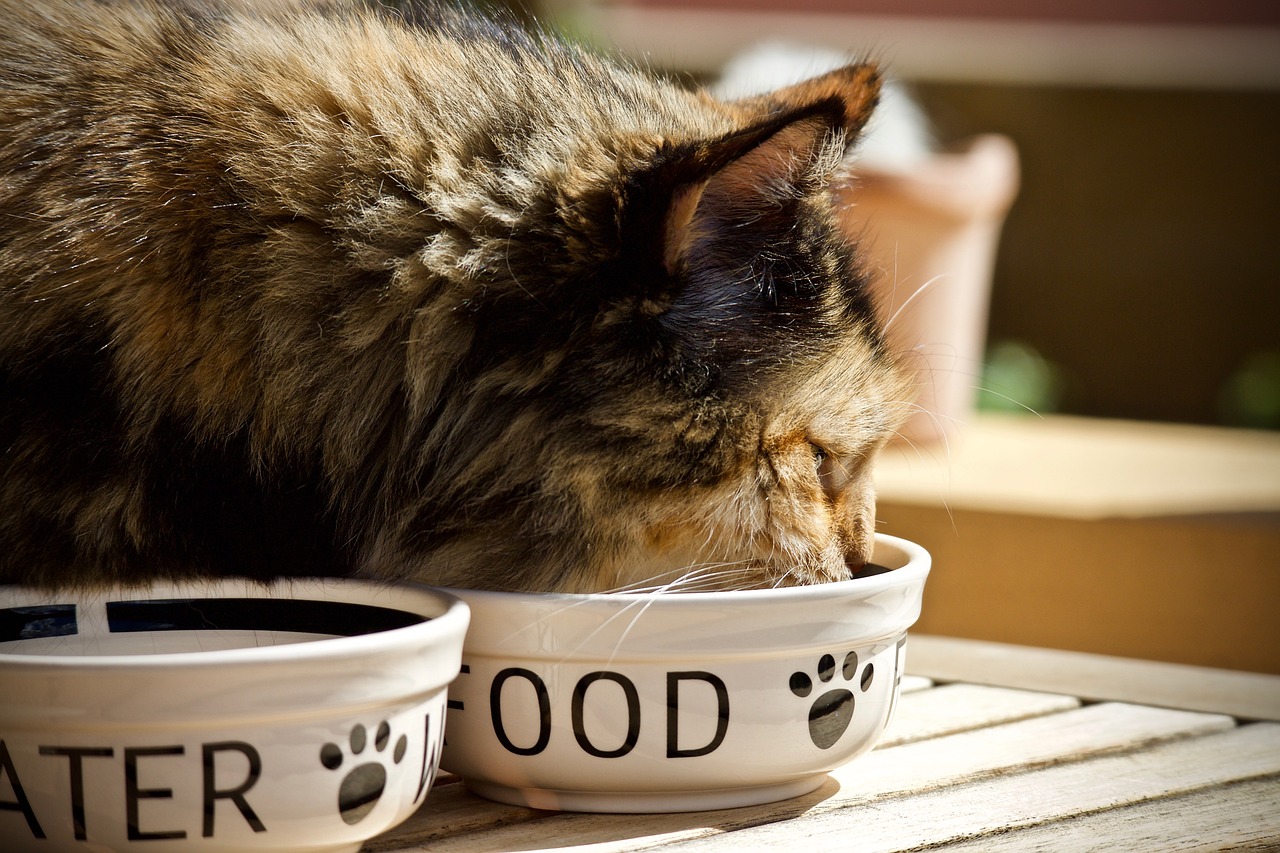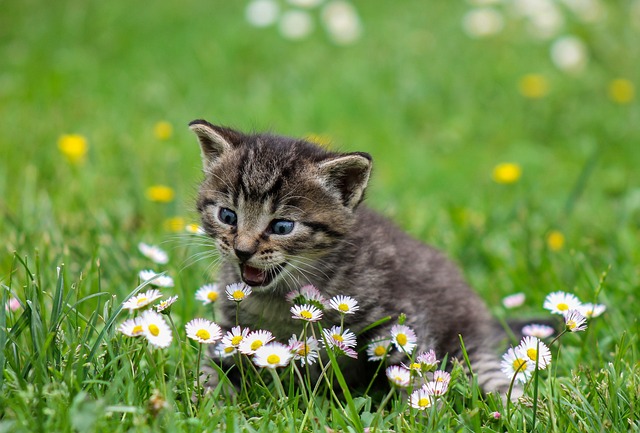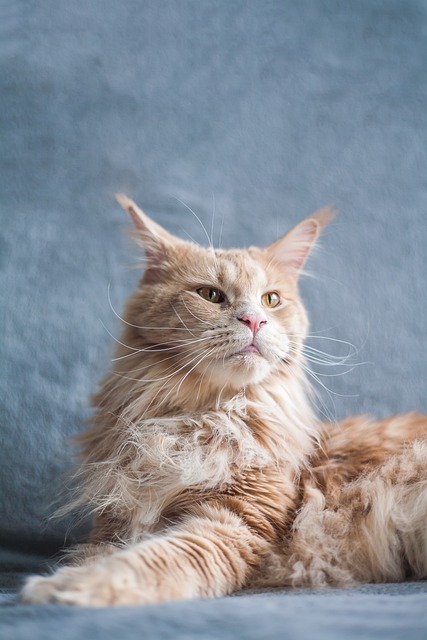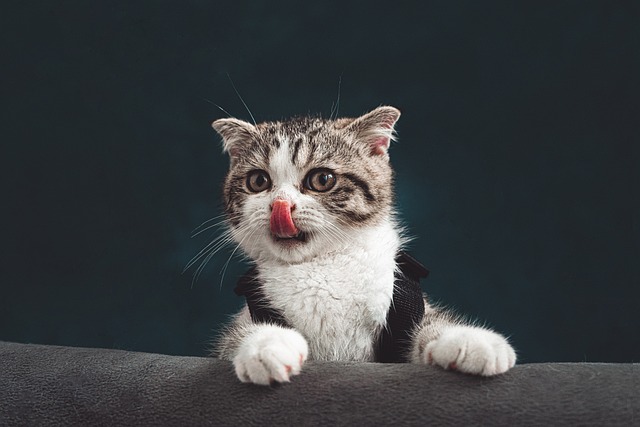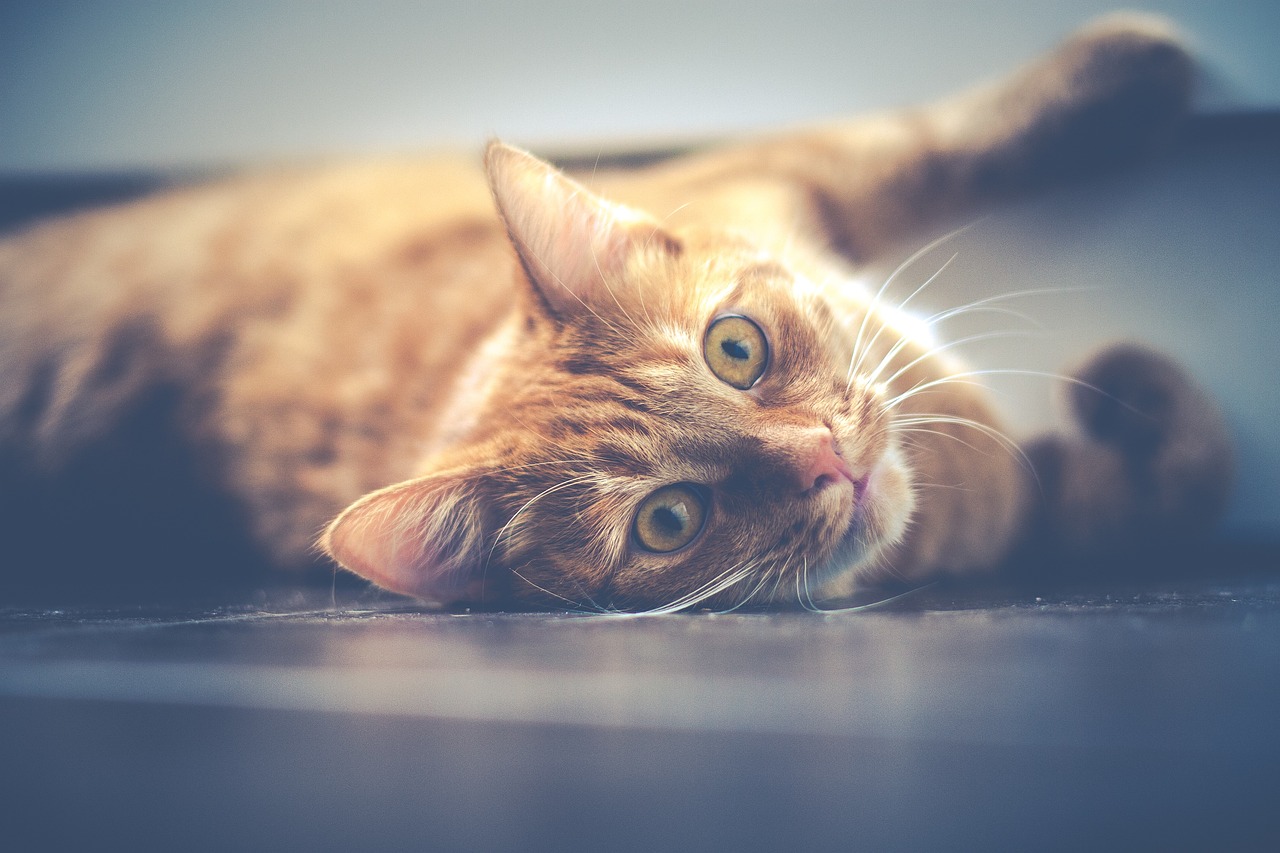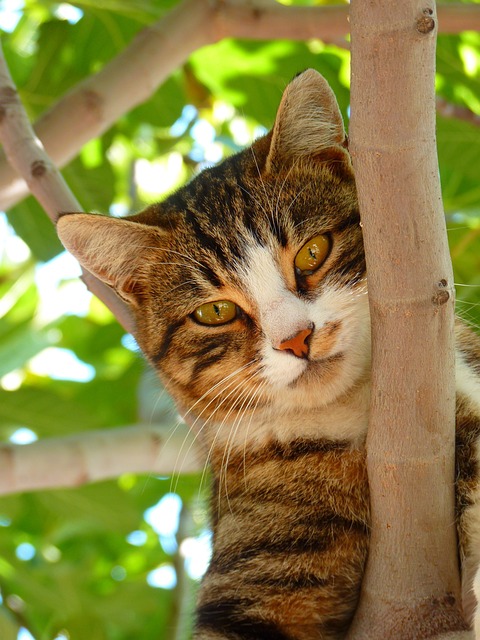Hey there, cat lovers! Have you ever felt like your cat is overeating? You’re definitely not alone. Many of us have those furry friends who just can’t seem to stop munching. But why does it feel like they’re always hungry? Well, let’s dive into that mystery together and see what we can uncover to help manage their eating habits.
From health issues to behavior quirks, there could be a whole bunch of reasons behind why your cat is always prowling for food. Understanding these reasons is key to making sure your cat gets the right amount of grub and stays healthy and happy. So, if you’re fed up with your cat’s endless demands for snacks, stick around to learn more about why they do it and how you can help.
Why Cats Overeat
Here are some reasons why your cat may seem like they’re always hungry:
1.Boredom
Cats are intelligent and curious animals that need mental stimulation and environmental enrichment to thrive. When they lack opportunities for play, exploration, or interaction, they may turn to food for entertainment. Eating provides a sensory experience and can temporarily alleviate boredom, leading to overeating if food is readily available.
2.Stress or Anxiety
Cats are sensitive to changes in their environment, routine, or social dynamics. Stressful situations such as moving to a new home, the addition of a new pet, loud noises, or changes in the household can trigger anxiety in cats. Some cats may cope with stress by seeking comfort in food, leading to overeating as a coping mechanism.
3.Underlying Medical Conditions
Certain medical conditions can lead to an increased appetite in cats, prompting owners to pay close attention to their feline companions’ behavior and overall health. Here’s a breakdown of the medical conditions commonly associated with heightened hunger in cats:
- Hyperthyroidism: Hyperthyroidism is a prevalent endocrine disorder in cats characterized by an overactive thyroid gland. Cats with hyperthyroidism often exhibit symptoms such as weight loss despite increased appetite, hyperactivity, vomiting, diarrhea, and increased thirst. Treatment options may include medication, radioactive iodine therapy, or surgical removal of the thyroid gland.
- Diabetes Mellitus: Diabetes mellitus is a metabolic disorder that results in high blood sugar levels due to insufficient insulin production or insulin resistance. Cats with diabetes may experience increased thirst, frequent urination, weight loss, lethargy, and heightened appetite. Treatment typically involves insulin therapy, dietary management, weight control, and regular monitoring of blood glucose levels.
- Gastrointestinal Disorders: Gastrointestinal disorders like inflammatory bowel disease (IBD), pancreatitis, or gastrointestinal cancers can contribute to increased appetite in cats. Symptoms may include vomiting, diarrhea, abdominal pain, changes in appetite, and weight loss. Treatment strategies vary depending on the specific disorder and may include dietary modifications, medications, or surgical interventions.
- Parasitic Infections: Parasitic infections, such as roundworms, tapeworms, hookworms, or lungworms, can also cause heightened hunger in cats. Cats with parasitic infections may exhibit symptoms like weight loss, poor coat condition, vomiting, diarrhea, and the presence of visible worms in feces. Treatment typically involves deworming medications prescribed by a veterinarian and preventive measures to minimize the risk of reinfestation.
4.Free Feeding
Leaving food available for your cat to graze on throughout the day (free feeding) can lead to overeating, especially if portion sizes are not regulated. Cats may lose their natural ability to regulate their intake when food is constantly available, leading to excessive consumption and potential weight gain.
5.Dietary Considerations
Diet plays a significant role in a cat’s appetite. The quality, composition, and feeding schedule of their food impact their hunger levels. Providing a balanced diet tailored to your cat’s age, weight, and nutritional needs is essential for managing their appetite.
6.Competition
In multi-cat households, competition for resources, including food, may lead to overeating as cats try to ensure they get their share before others. Dominant cats may intimidate or prevent subordinate cats from accessing food, leading to overeating by the latter when they do have the opportunity to eat.
The Risks of Overeating
Chowing down too much isn’t just a bad habit—it can seriously mess with your cat’s health. Obesity is a biggie. It can lead to all sorts of problems like diabetes and achy joints. Plus, scarfing down too much food can upset their tummy and lead to messy accidents around the house. Nobody wants that, right? Keeping an eye on how much your cat eats is super important for their well-being.
Signs your cat is Overeating
Spotting if your cat is overeating can be tricky. Cats are natural hunters, after all, so they’re always on the lookout for their next meal. But there are clues to watch out for. If your cat’s packing on the pounds despite a normal diet, that’s a red flag. And if they’re constantly begging for food or sneaking snacks from other pets, they might be overdoing it.
Tackling Overeating
So, what can you do if your cat is overeating? Start by making sure you’re feeding them the right amount of food based on their size and activity level. Adding some fun toys to mealtime can help slow down their eating and keep them entertained. And if boredom’s the culprit, more playtime and interesting stuff to explore might be just what they need.
Establishing a Feeding Routine
Consistency is key when it comes to feeding your cat. Cats love routine, so try to feed them at the same times every day. And while it might be tempting to leave food out all the time, it’s better to split their meals into smaller portions throughout the day. It’s like a mini hunting expedition with every meal!
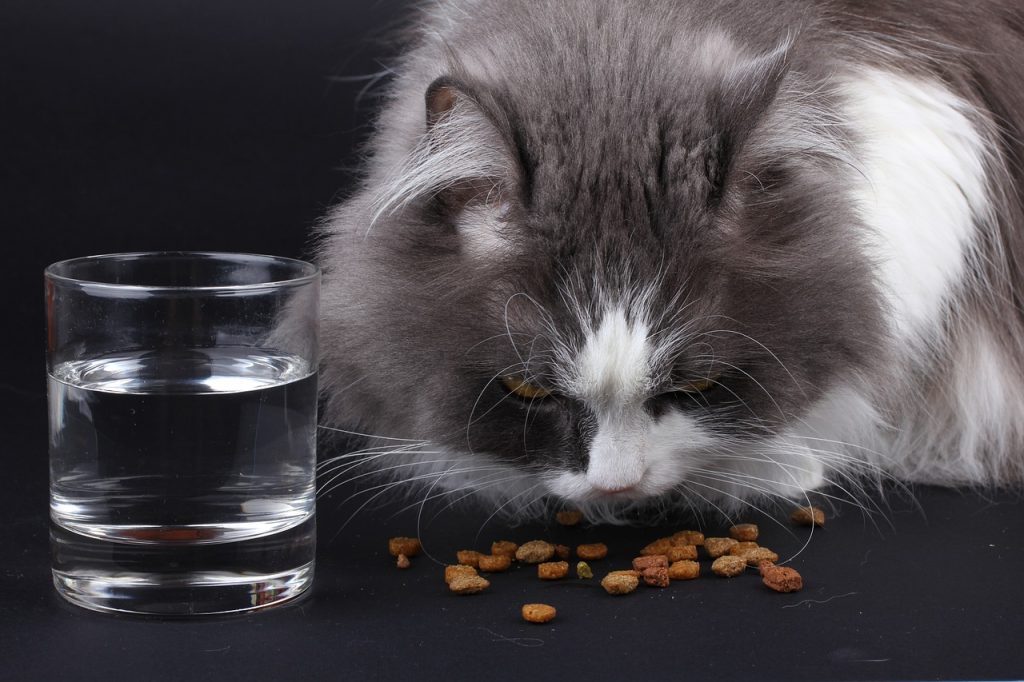
Knowing What Your Cat Needs
Just like us, cats need the right balance of nutrients to stay healthy. They’re hardcore carnivores, so look for foods with lots of meat and minimal fillers. Your vet can help you pick out the best grub for your furrball’s needs. Knowing what your cat needs to stay healthy is key to keeping their hunger in check.
Tips for Portion Control
Measuring out your cat’s meals might seem like a hassle, but it’s worth it to keep them from overeating. And if you’ve got more than one cat, feeding them separately ensures everyone gets their fair share. Save the treats for special occasions and stick to healthy options to avoid overindulging.
Getting Help When Needed
If your cat can’t stop eating, it’s time to call in the pros. Your vet can rule out any medical issues and help you come up with a plan to keep their eating in check. Sometimes a little expert advice is all you need to get things back on track.
Wrapping It Up
Keeping your cat’s appetite in check might feel like a challenge, but with a little know-how, you can keep your kitty happy and healthy. By paying attention to their needs, sticking to a routine, and giving them the right food, you can help your cat live their best life. So here’s to a well-fed, content kitty—and a happier you!

